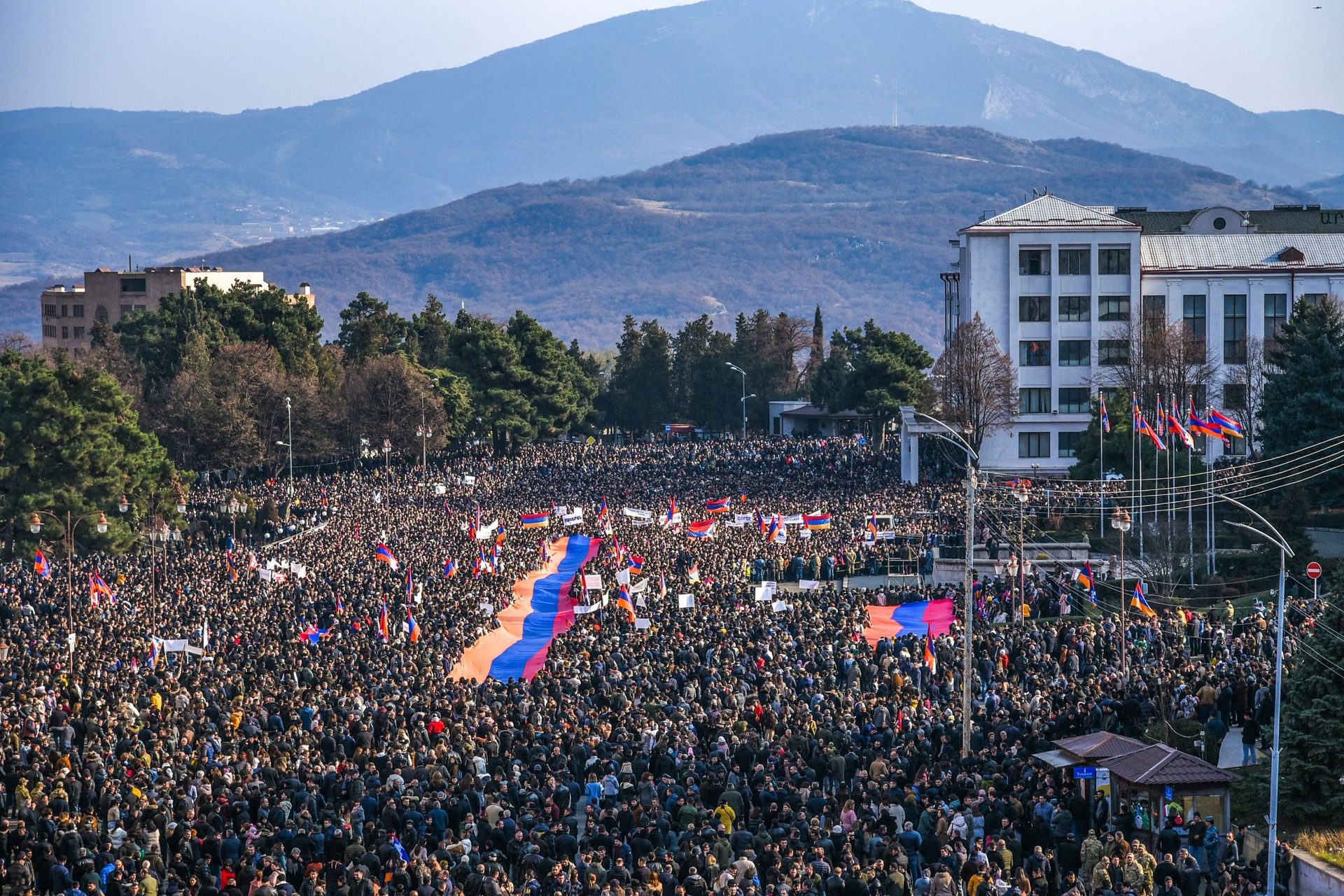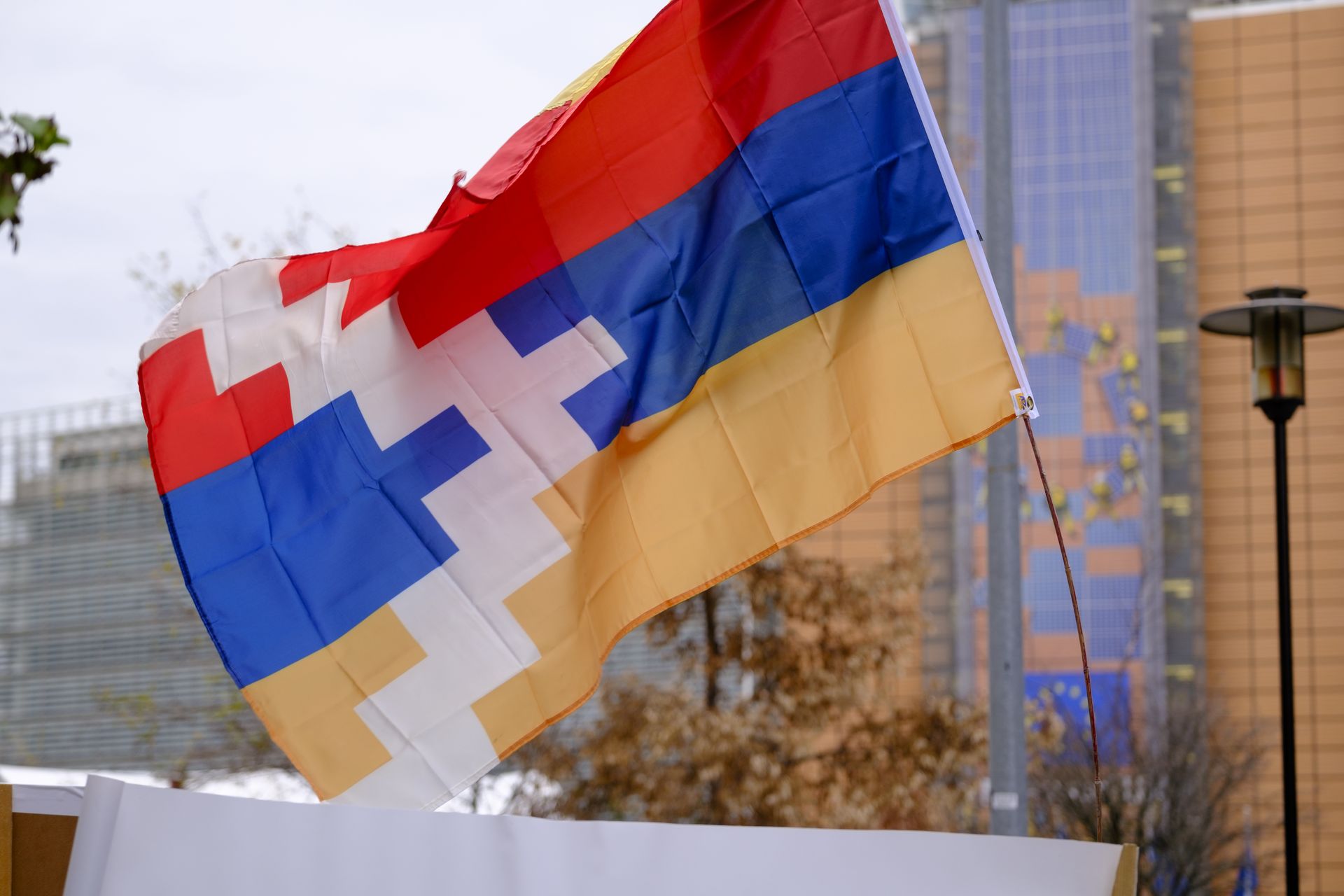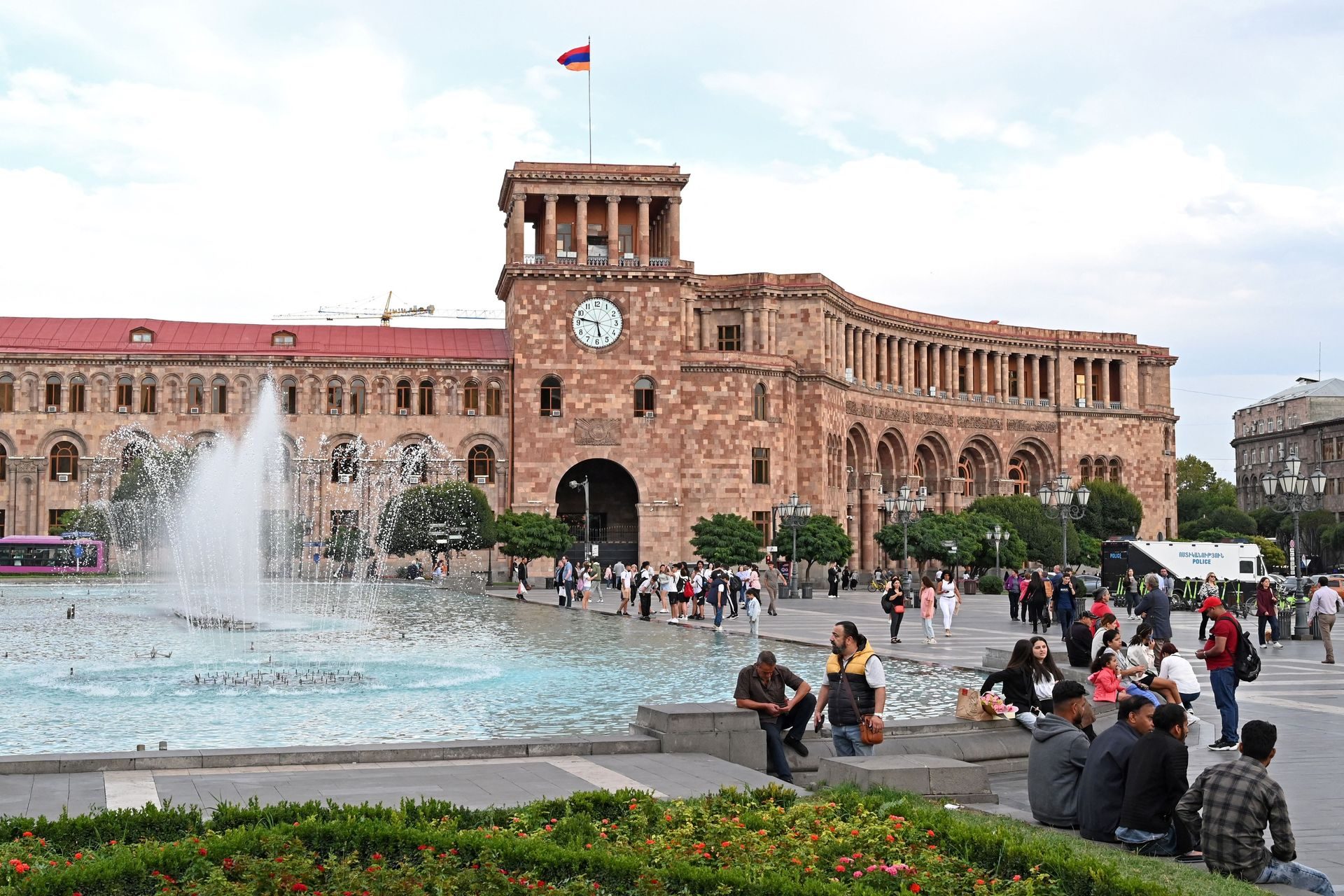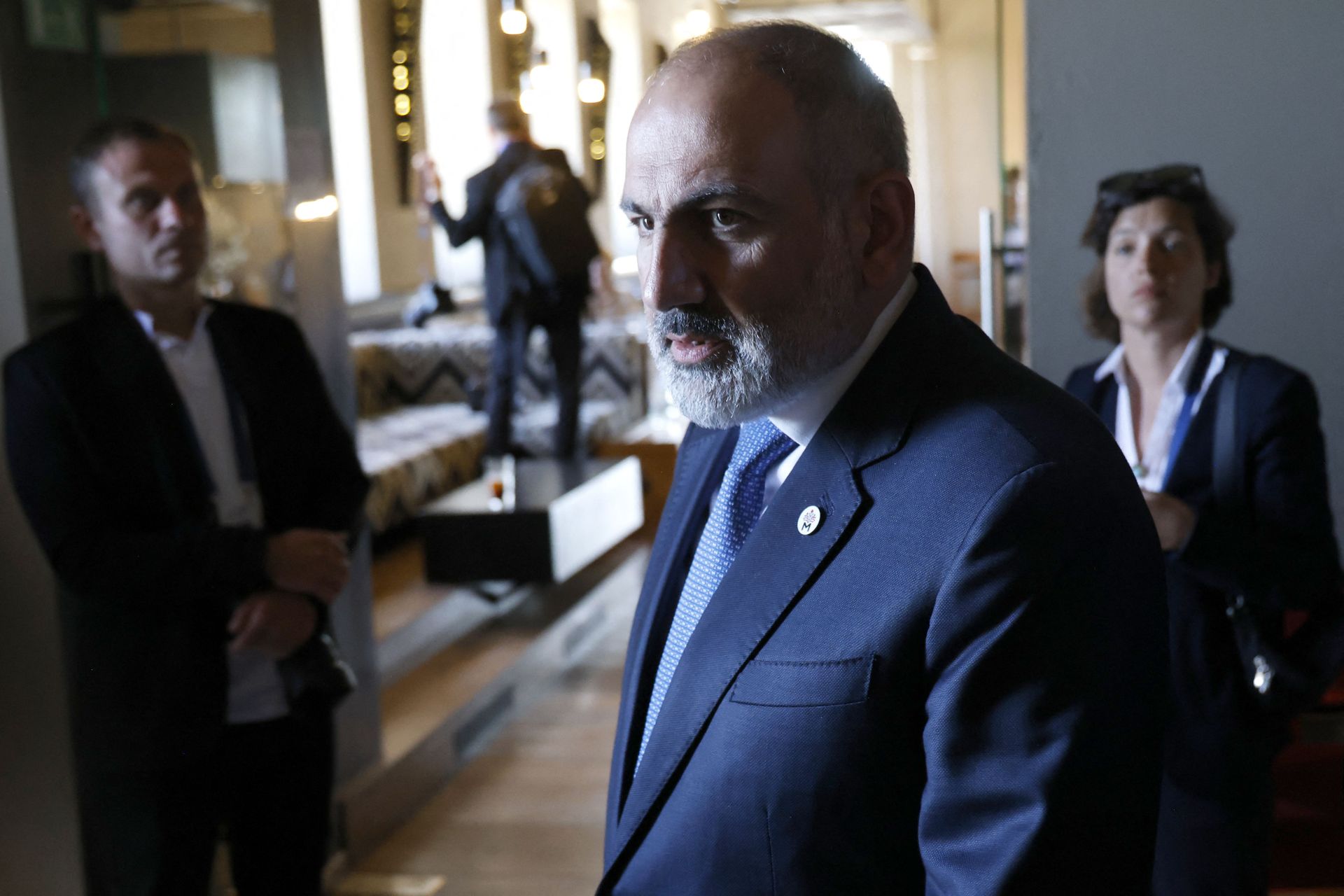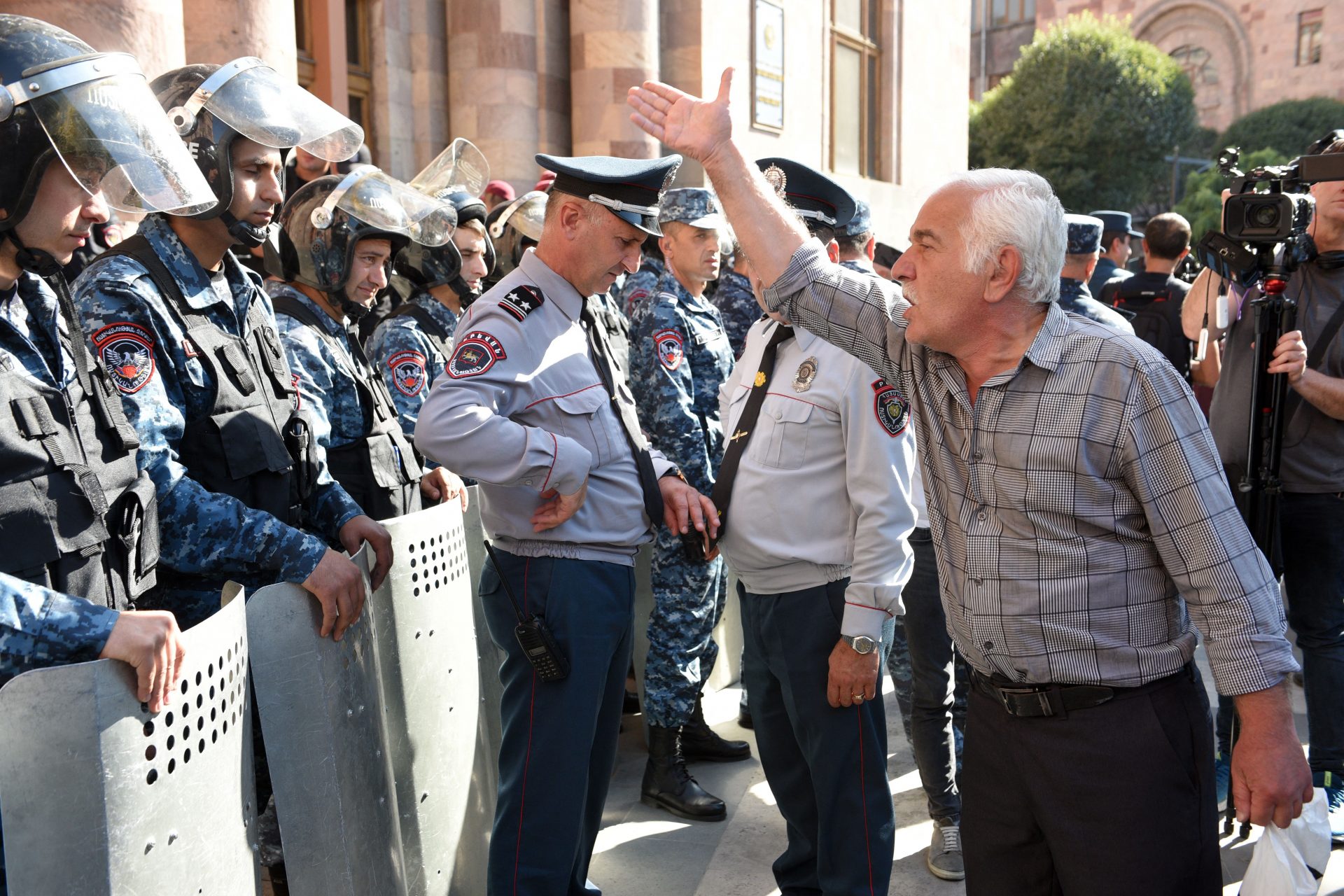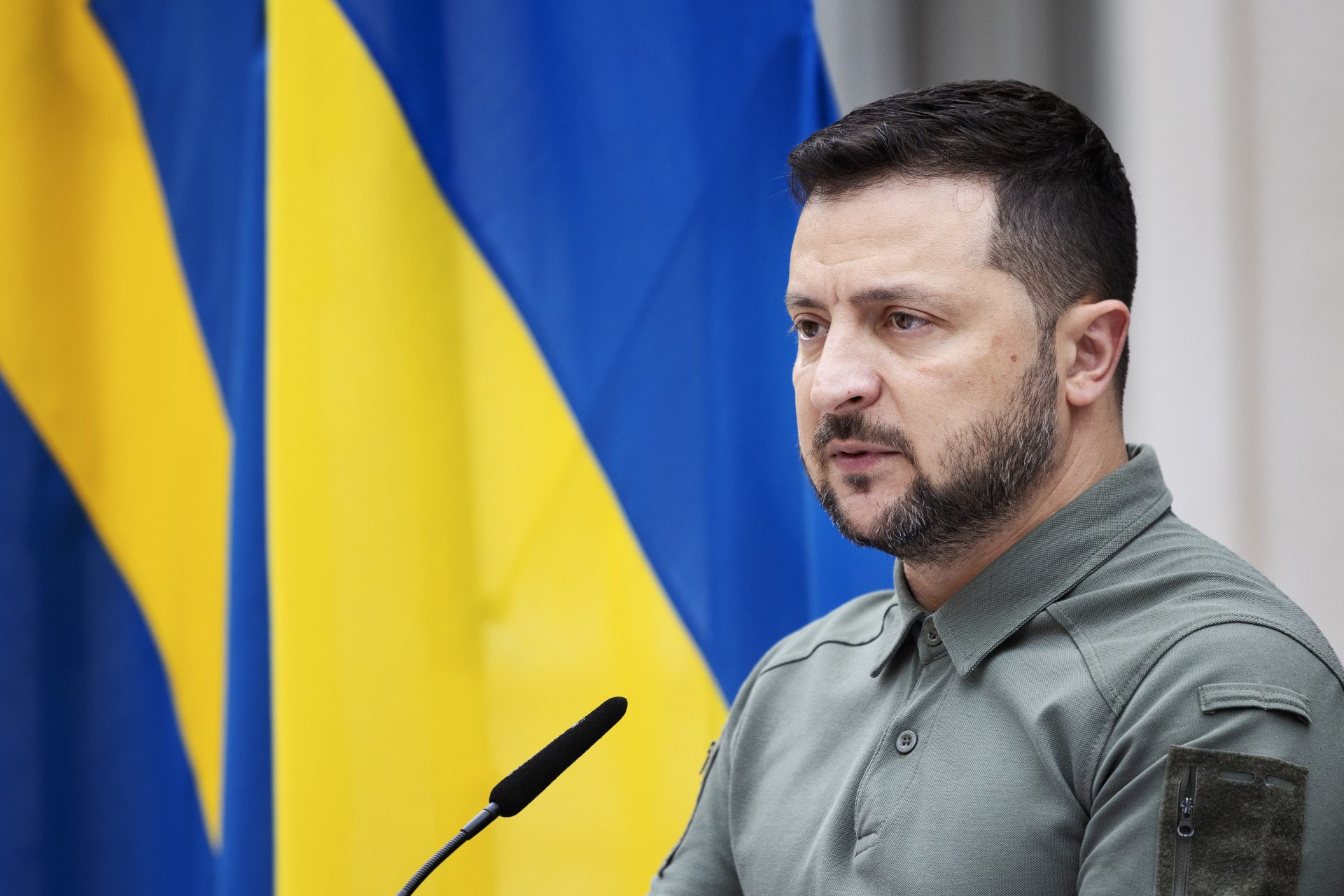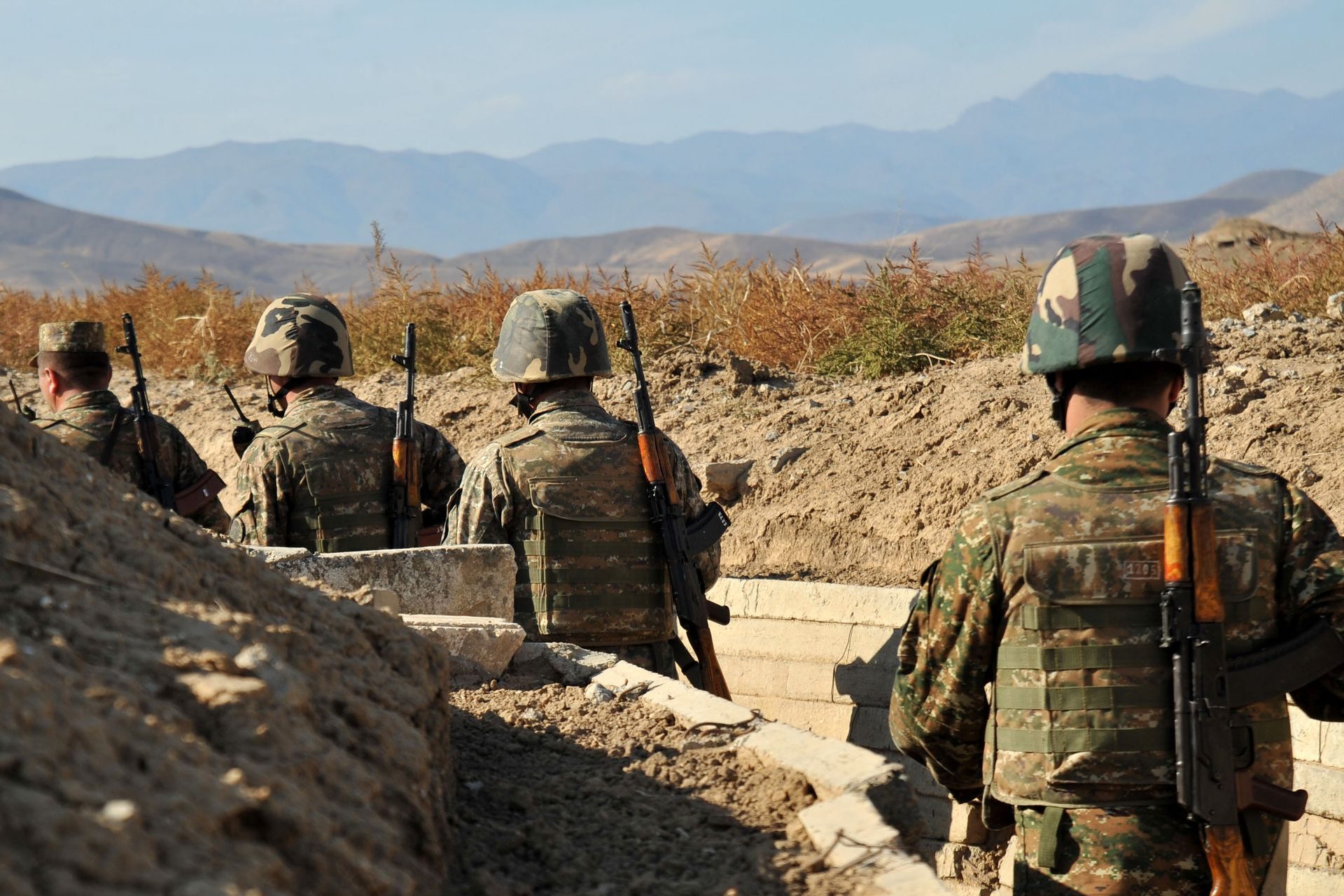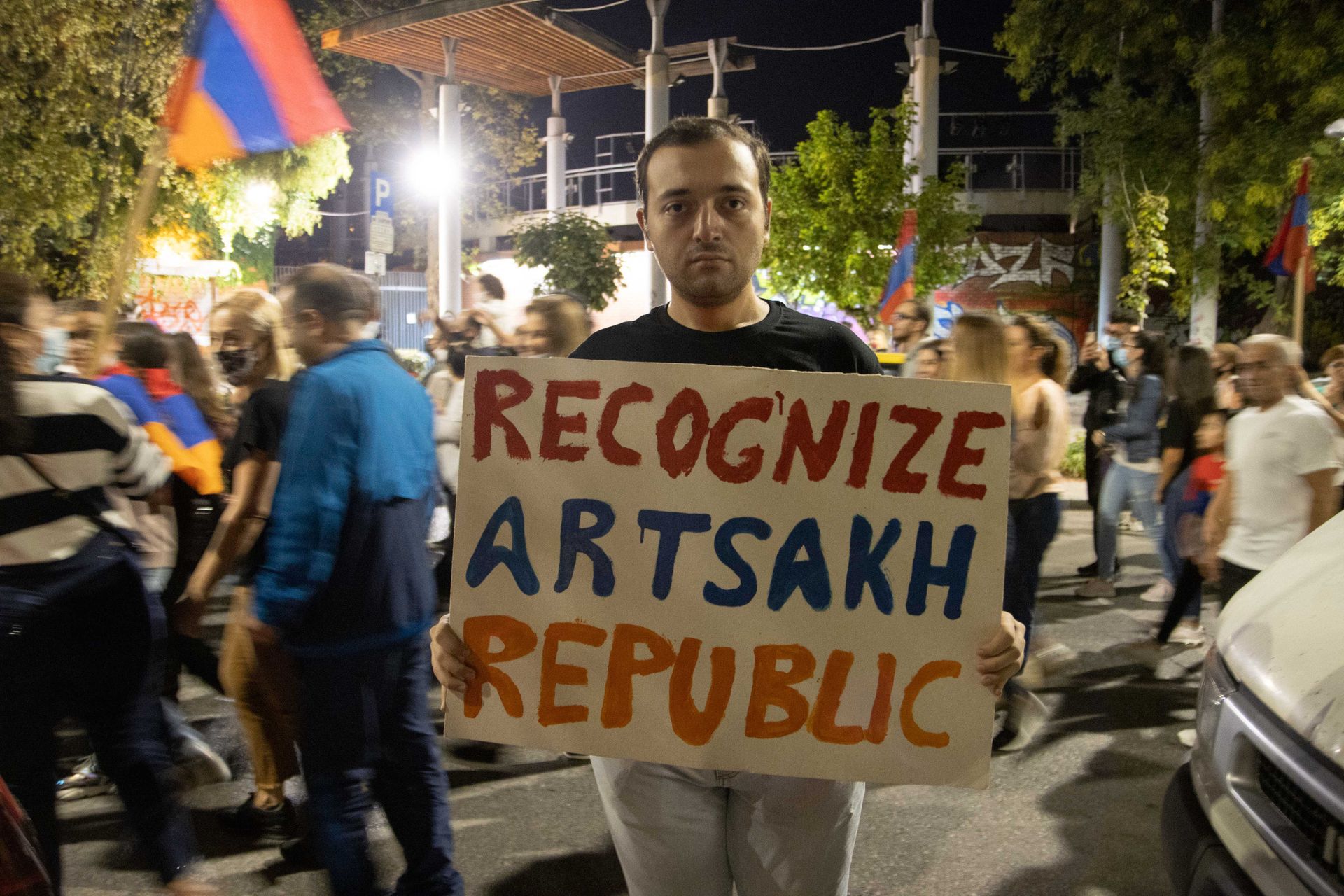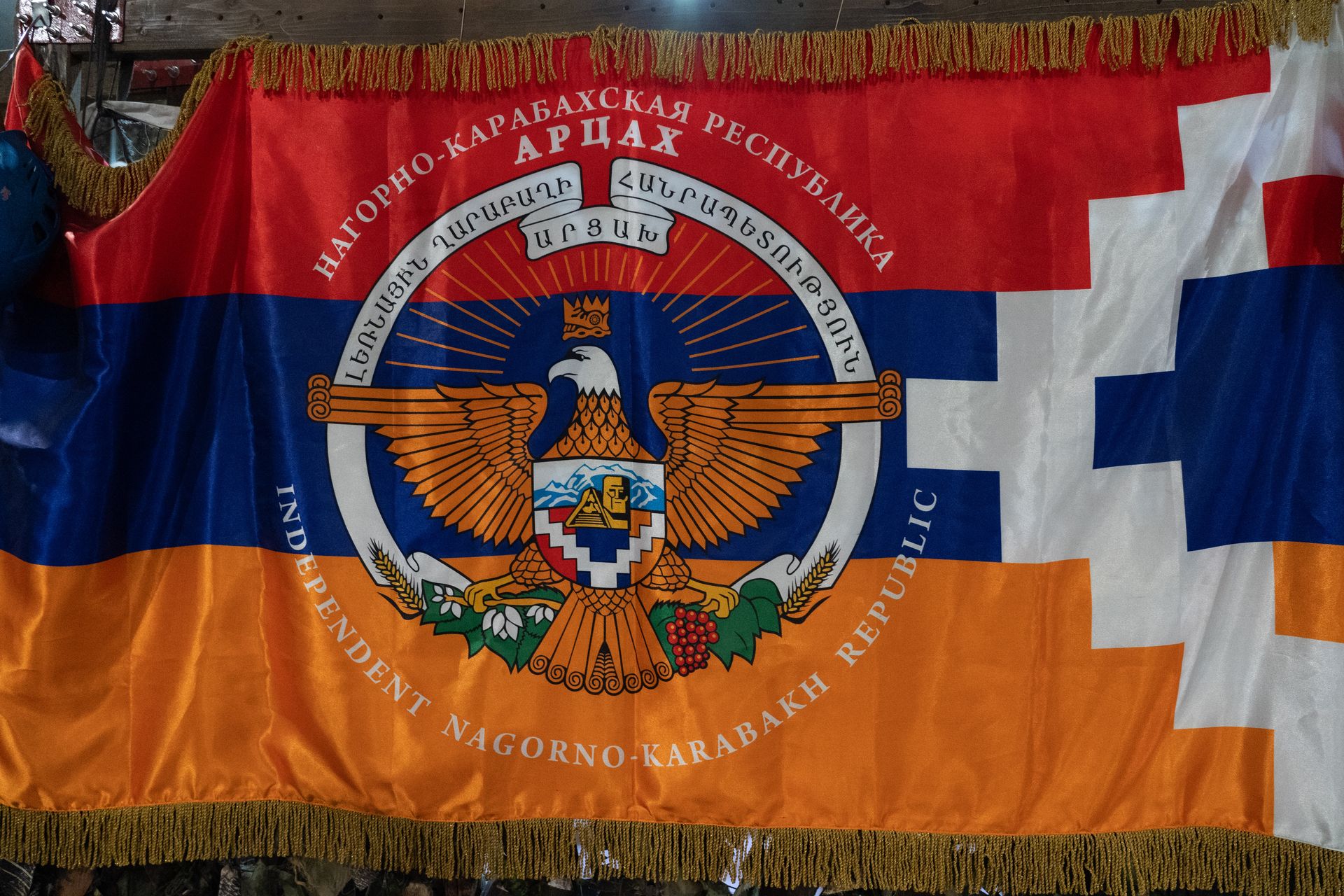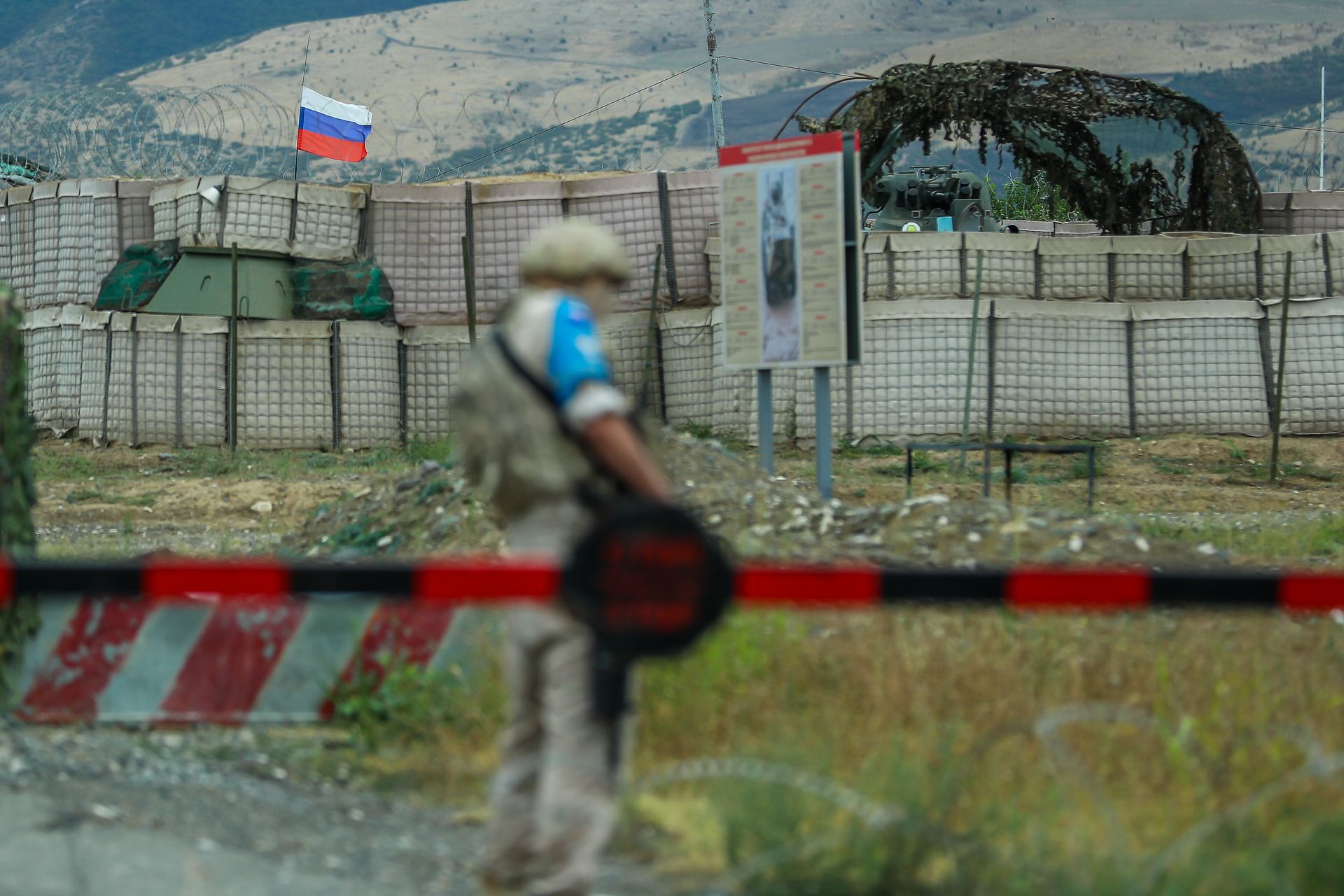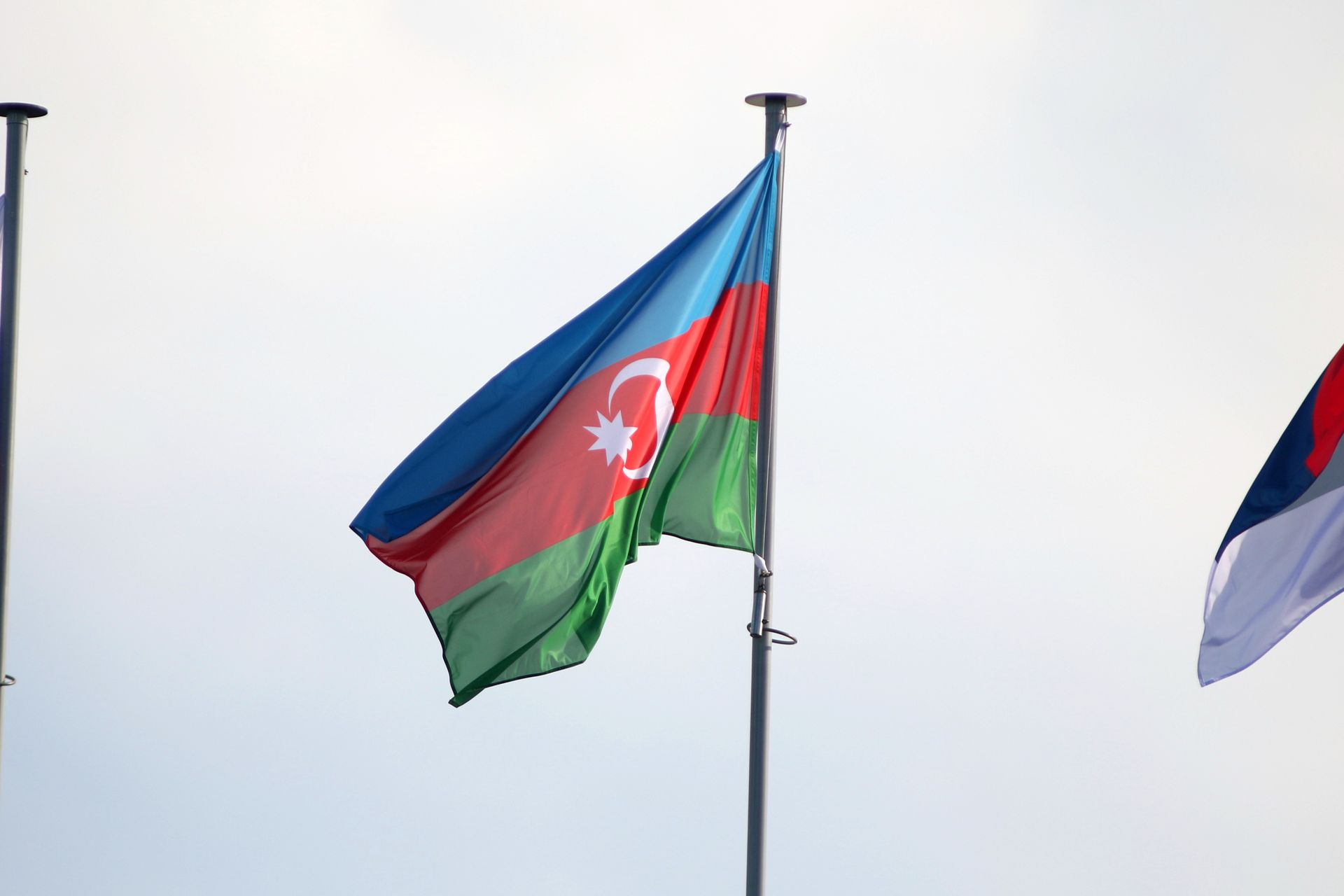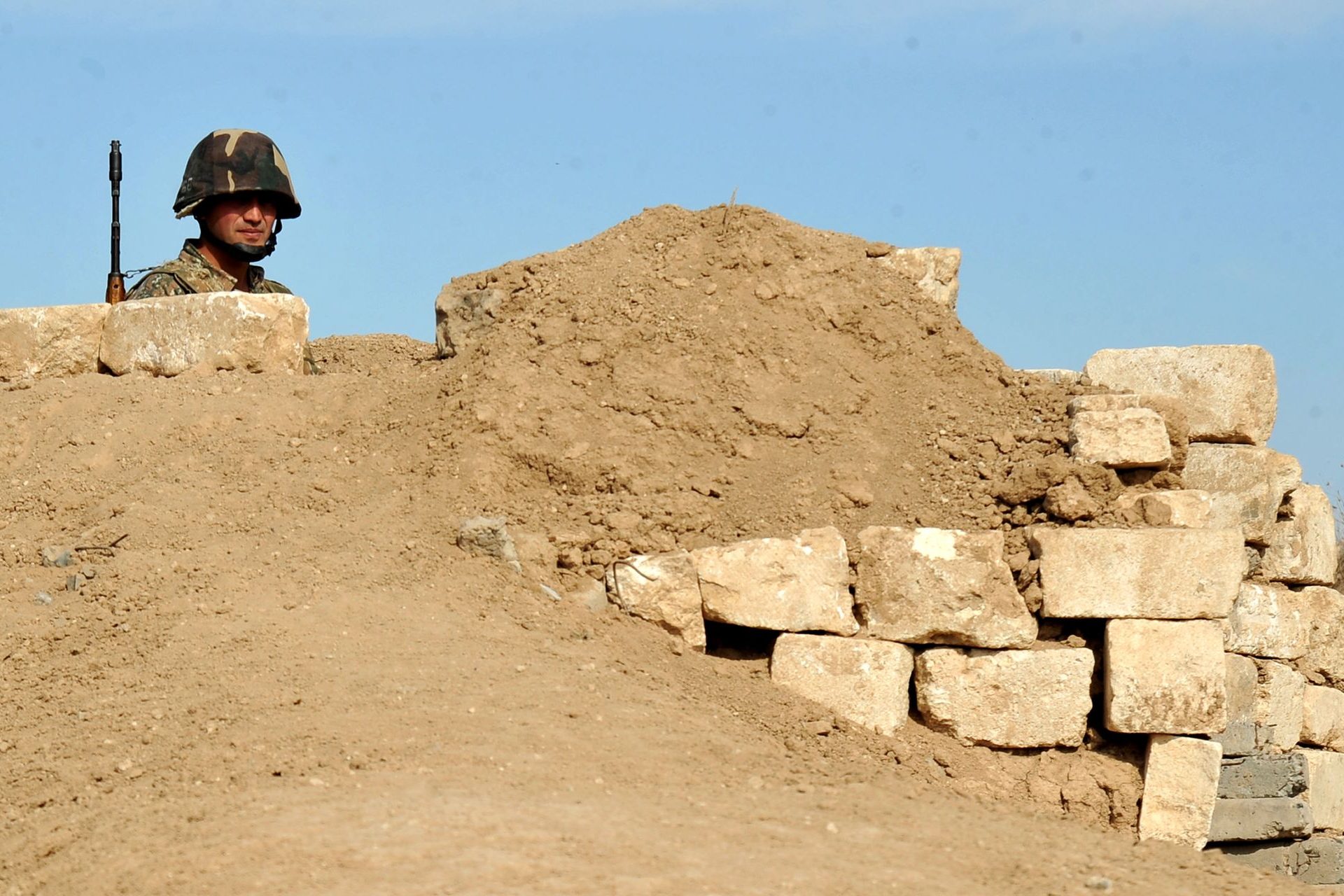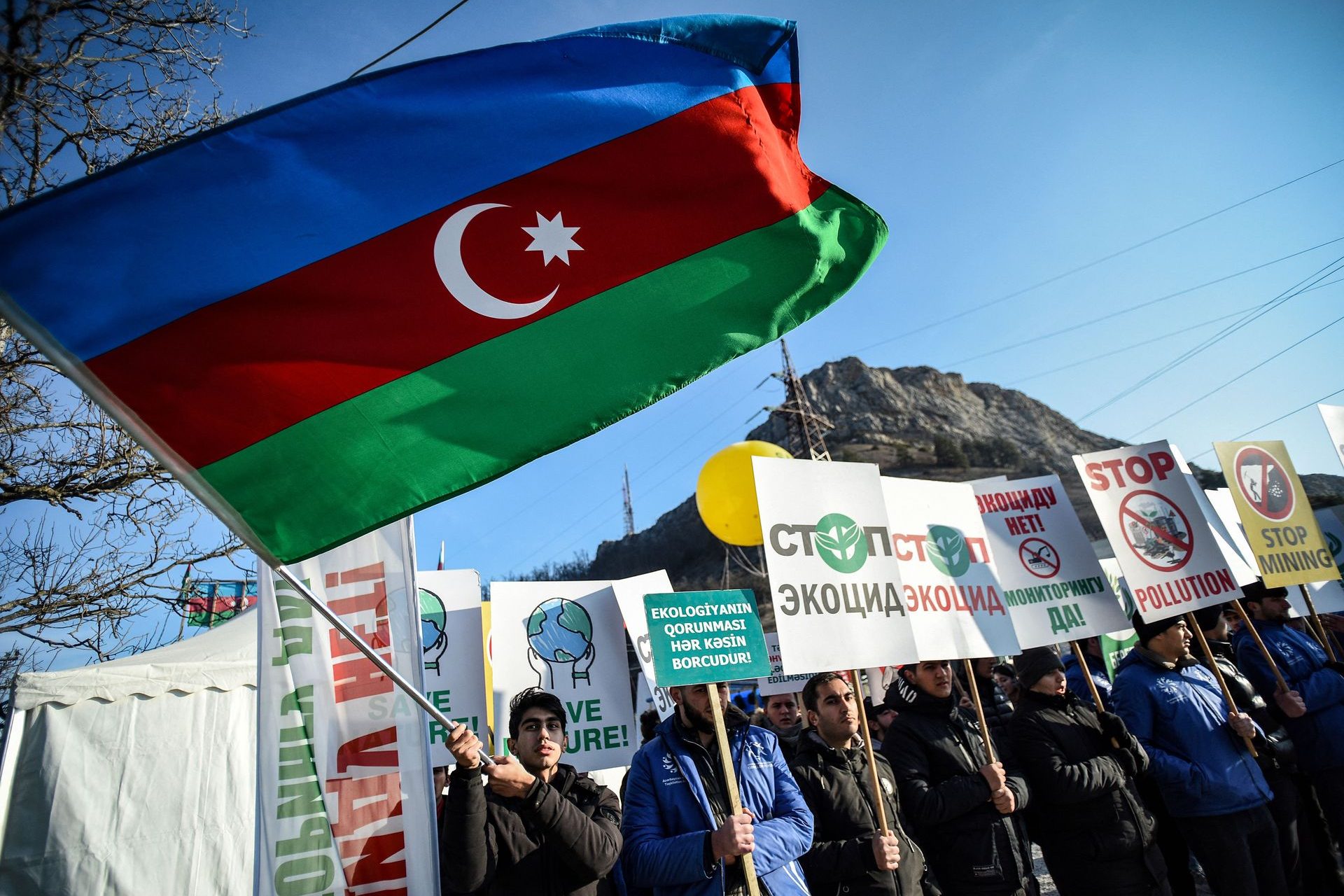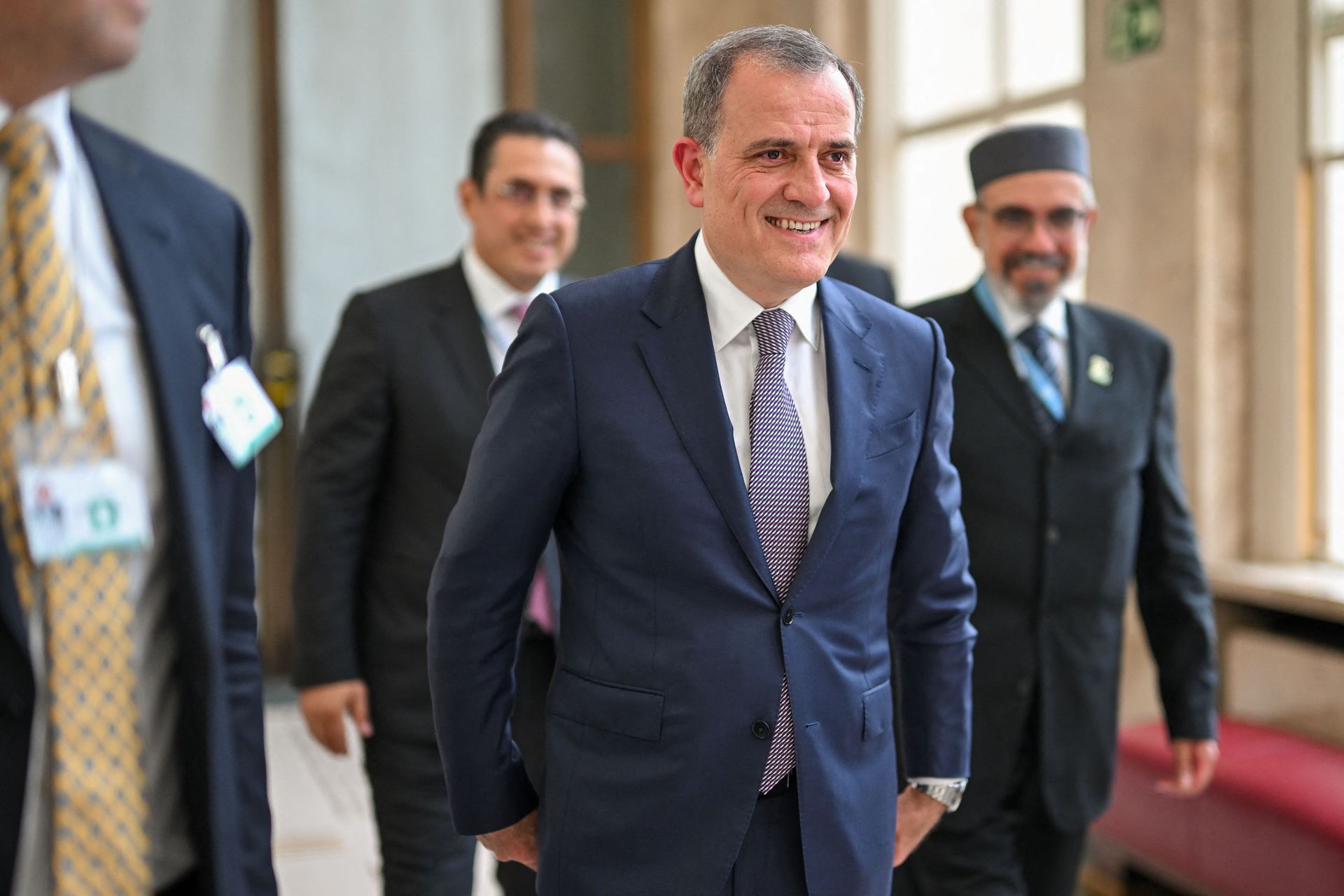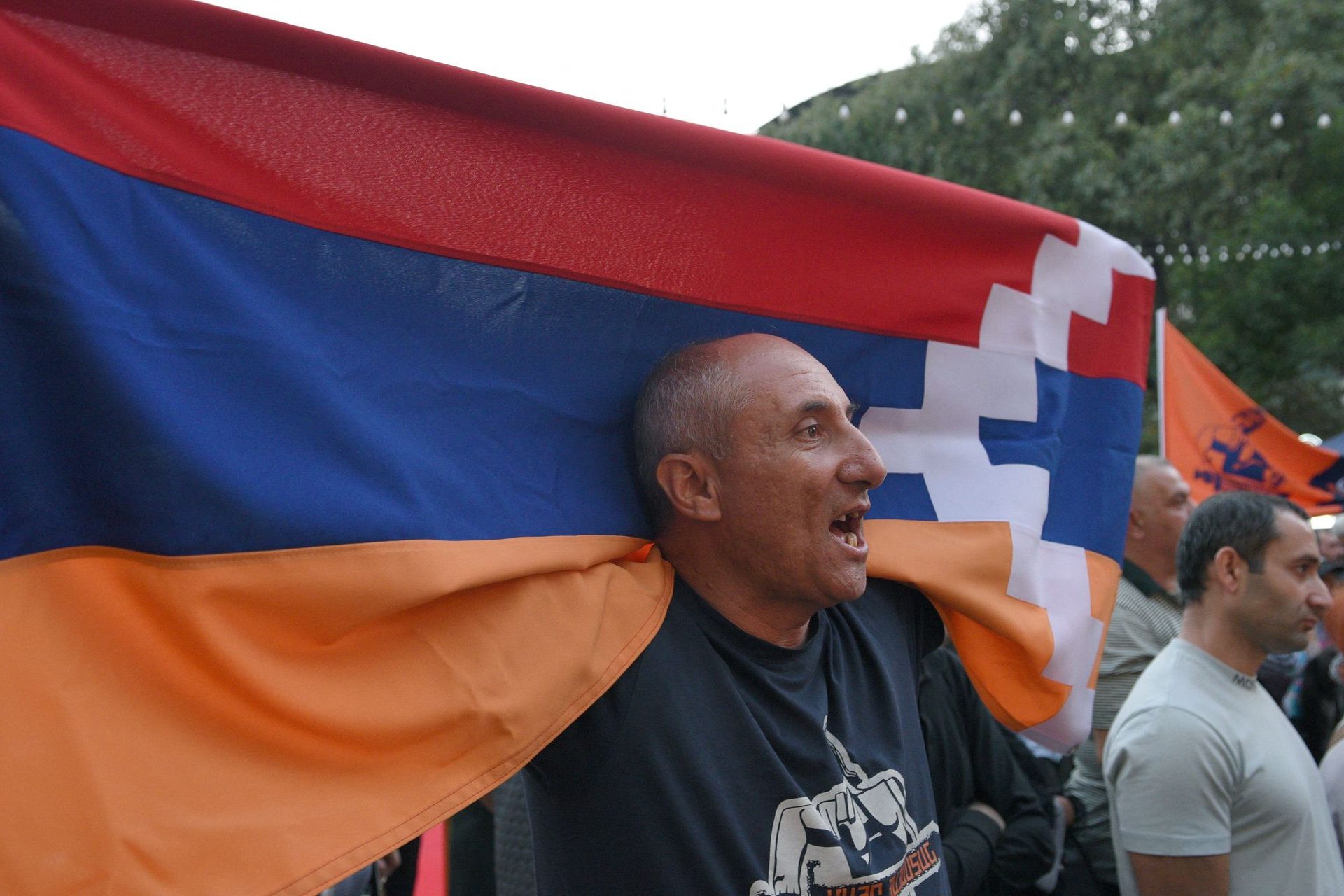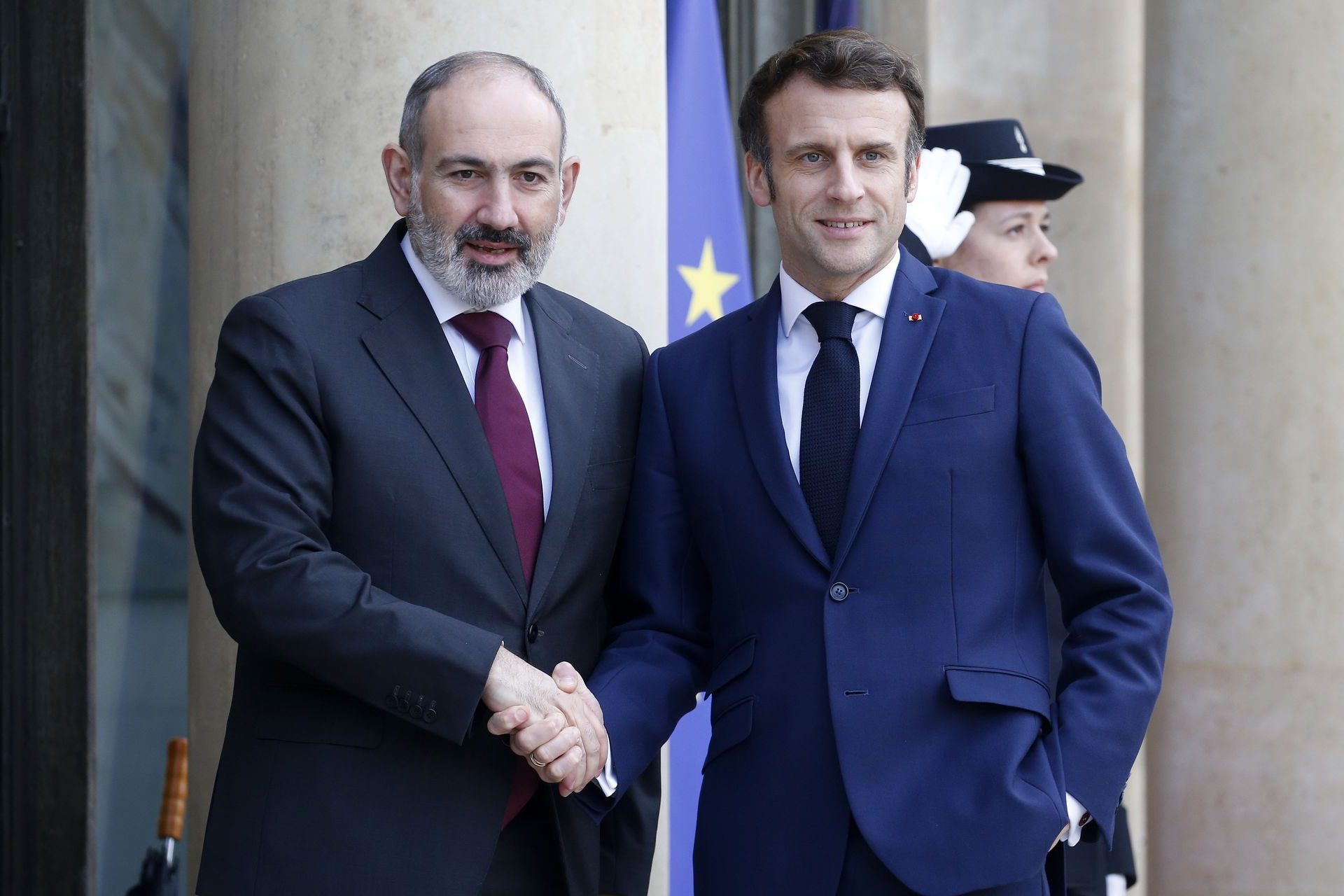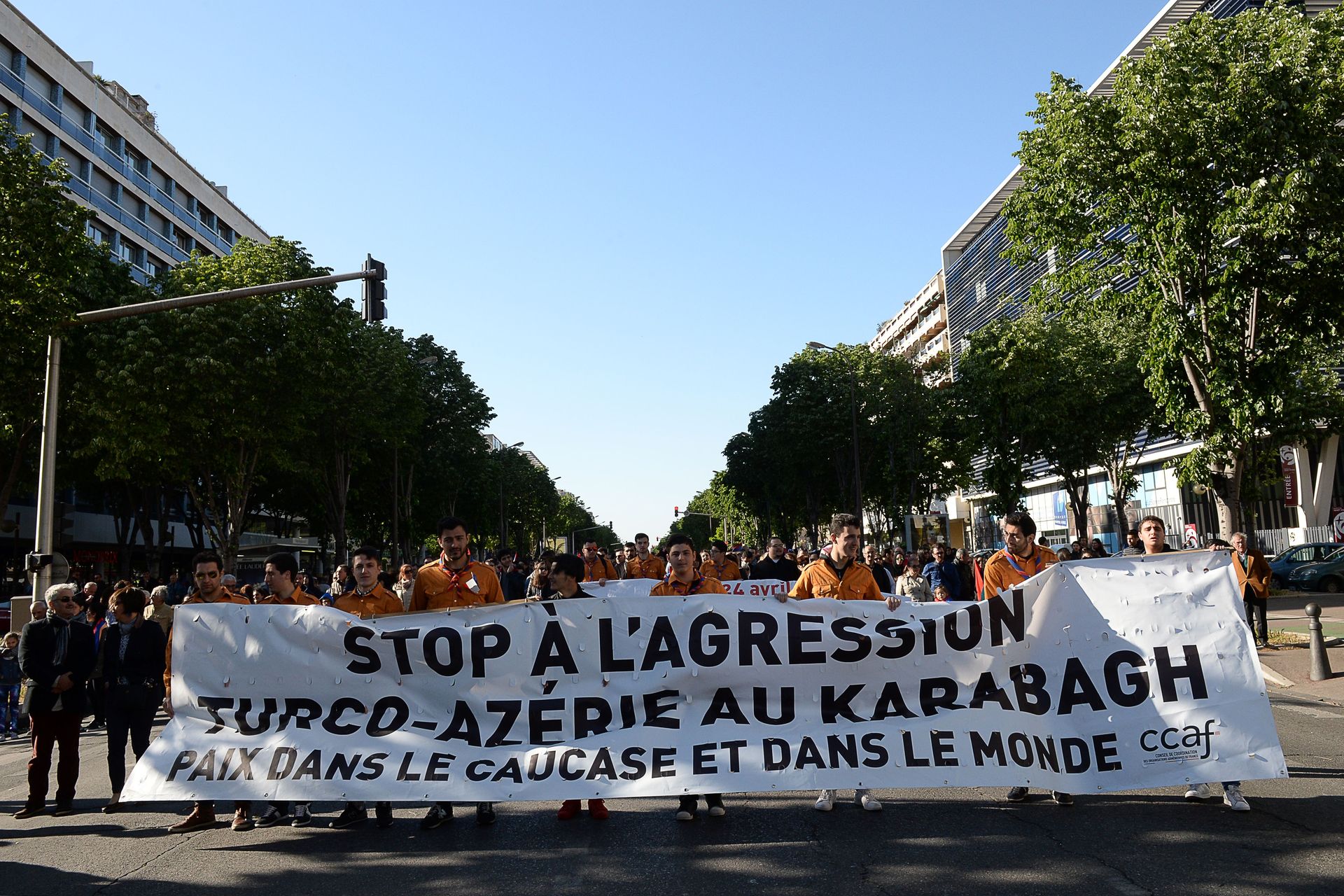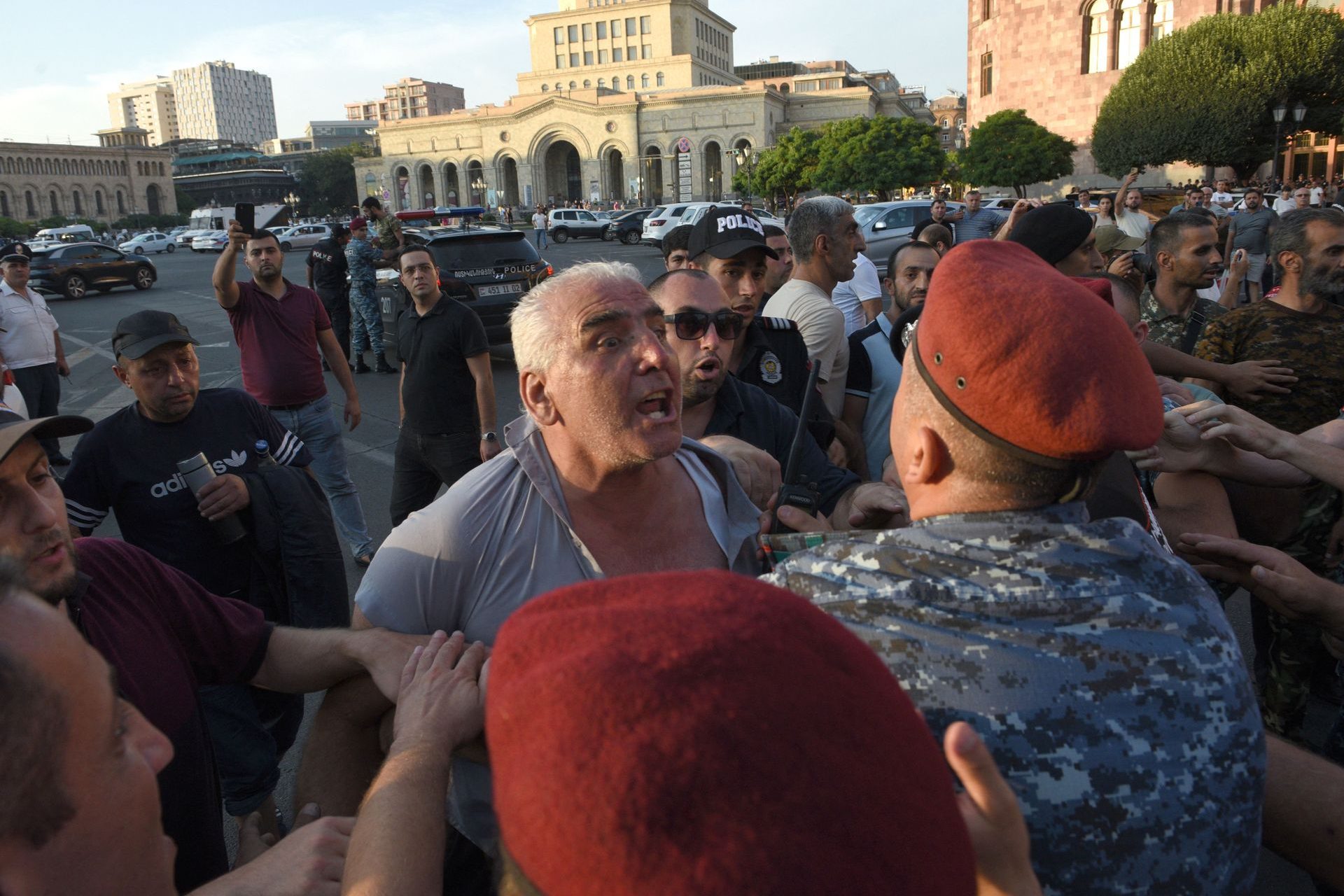Azerbaijan's assault on Nagorno-Karabakh sparks fear of a new war in Europe
On September 19, Azerbaijan launched an “anti-terrorist operation” in Nagorno-Karabakh, a territory with Armenian majority disputed between the Azerbaijani government and the unrecognized Republic of Artsakh.
According to the BBC, Azerbaijan says "it will not stop until Karabakh's ethnic Armenians surrender." The BBC also reported that, the Armenian separatists confirmed the launching of the operation, reporting that 27 deaths, two of which were civilians.
Armenia strongly condemned a “large-scale aggression” for the purposes of “ethnic cleansing”, per France 24.
Armenian Prime Minister Nikol Pashinian (pictured) called for the mediation of Russia, Yerevan's traditional ally, and the international community to put an end to the Azerbaijani offensive.
Per the BBC, Armenian protesters took to the streets to vent their frustrations regarding how their country chose to respond. Protesters and police got into physical confrontations in front of the Yerevan parliament as they demanded their leader resign.
Meanwhile, France called for an emergency meeting of the UN Security Council and Anthony Blinken, the US Secretary of State demanded that Azerbaijan's president, Ilham Aliyev, cease military action immediately.
Despite the war in Ukraine occupying the media spotlight, the Caucasus is a major area of tension on the borders of several regions of the world.
Beyond the unresolved conflict between Armenia and Azerbaijan, the Caucasus is a veritable powder keg between the regional powers of Russia, Turkey, and Iran.
In 2020, Azerbaijan sent troops to the Nagorno-Karabakh region, officially under the sovereignty of Azerbaijan, but populated mainly by Armenians.
However, the old territorial dispute began around the time of the fall of the USSR, when the Republic of Artsakh declared independence from the Azerbaijani government in Baku, igniting a series of conflicts that still continue to this day.
At the end of what was called the Second Nagorno-Karabakh War, two thirds of the region returned under Azerbaijani control. The other 30% remains independent and connected to Armenia by the Lachin corridor.
Controlled by the Russian army, the Azerbaijani troops have established a blockade on the Lachin corridor, which complicates the supply from Armenia to Republic of Artsakh.
“Azerbaijan feels that it's in a strong position and is frustrated by the outcome of the last war, the country wants to pressure Armenia to sign a peace treaty,” said Bayram Balcim, an academic quoted by French magazine Geo.
“But the status of Nagorno-Karabakh is special and was not discussed during the 2020 ceasefire, complicating the situation”, Adds Balcim, who is a professor of political science and an expert on the region.
The Armenian population could drop its independent struggle in exchange for more autonomy, but this is not enough for the government in Baku, which wishes to exercise full sovereignty over Nagorno-Karabakh.
Very recently, on September 10, 2023, a new president of the Republic of Artsakh came to power. An election judged as a “gross violation” of the constitution by the Ministry of Foreign Affairs of Azerbaijan, cited by 'AP'.
In the photo: Jeyhoun Bayramov, Minister of Foreign Affairs of Azerbaijan
Baku has called for the “complete withdrawal of Armenian forces” and the “dismantling of the puppet government” in an official press release. The head of the Armenian government, quoted by 'France 24', denounced a “military provocation” from his neighbor.
The situation is complicated by the ambivalent positions of other countries in the region. Turkey, a traditional ally of Azerbaijan, has kept distance from Baku, plus it has recently normalized diplomatic relations with Armenia.
On the other hand, Armenia is officially allied with Russia. However, Moscow is stuck in its own conflict in Ukraine and is gradually losing interest in its ally, to whom it can only provide limited support.
The West is leaning towards stopping Baku's offensive. But European nations do not wish to lose access to Azerbaijan's gas and oil, nor make this country develop closer ties to Russia.
With scarce allies rallying to their support, the Armenians seems to be in a rough spot.
According to the Armenian authorities, the situation is stable on the border with Azerbaijan. However, it's very clear that the current situation can't go for long. Let's hope that the conflict doesn't escalate, and a peaceful solution can be found.
More for you
Top Stories



